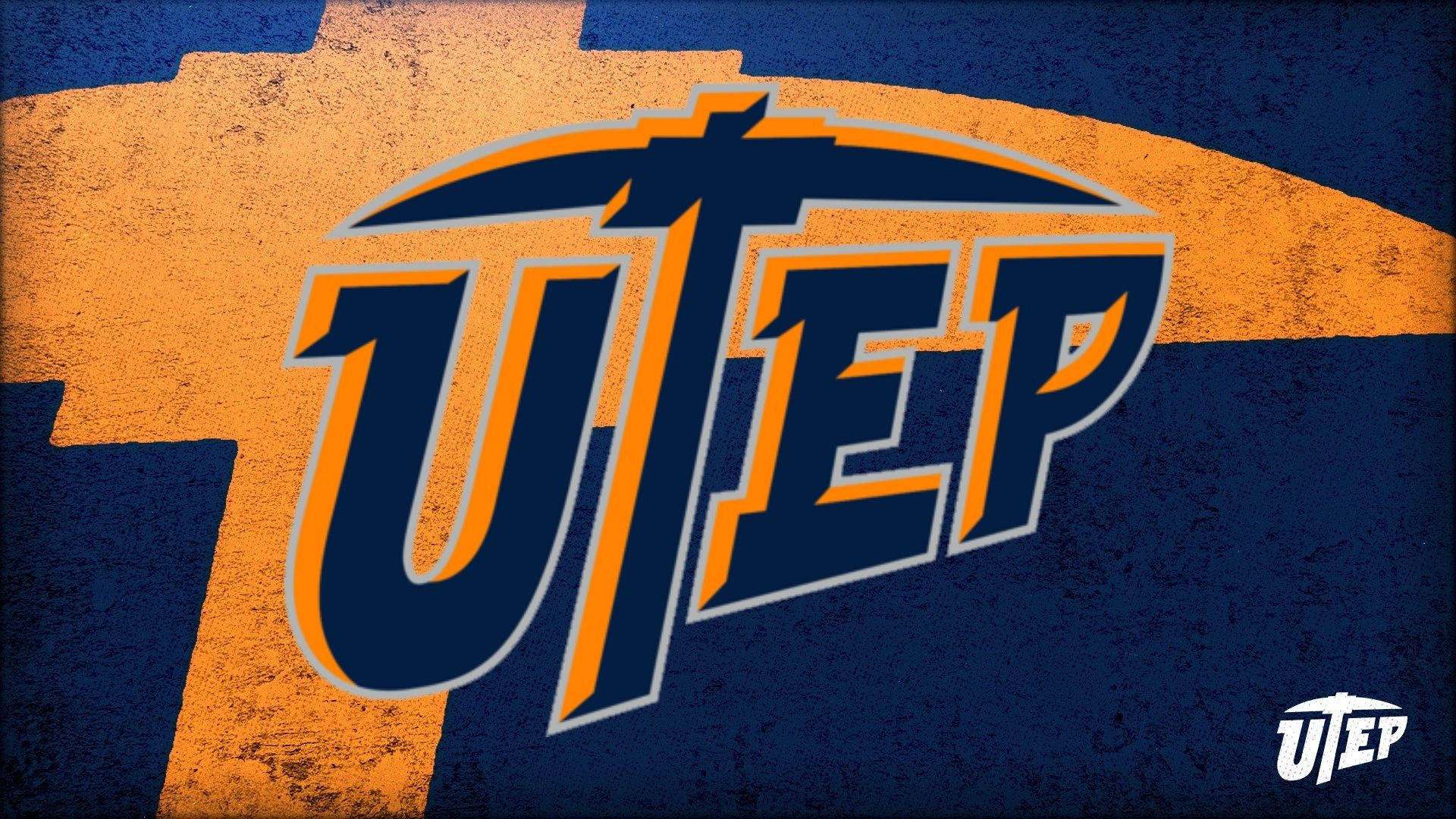UTEP gets US$1.25 million grant to promote modeling and simulation scientists and engineers

EL PASO, TX – The University of Texas at El Paso (UTEP) has received a $1.25 million grant from the U.S. Department of Energy (DOE) to create a pipeline of scientists and engineers from underrepresented groups with advanced degrees in modeling and simulation (M&S).
The project is led by an interdisciplinary team of researchers from UTEP’s Advanced Modeling and Simulation Labs group.
“There is a critical shortage of promising talent in the M&S discipline, especially among the groups targeted by our project,” said Vinod Kumar, associate professor of aerospace and mechanical engineering in UTEP’s College of Engineering.
M&S is a powerful method used in the design and evaluation of complex systems and processes and serves as a cutting-edge research and development strategy for many applications, often to address some of the most intricate engineering challenges.
The method is based on the construction of system abstractions (models) and their subsequent rigorous experimentation and evaluation (simulation) using advanced computational and visualization tools. In addition, this process is widely used in the design and evaluation of systems such as cooling in a nuclear reactor, materials for extreme environments or the modeling of the Greenland ice sheet.
The work to be conducted at UTEP is part of a larger project called the Rio Grande Consortium for Advanced Research in Exascale Simulation (Grande CARES), which is supported by a $5 million grant from DOE’s National Nuclear Security Administration (NNSA) through its Minority Serving Institutions Collaboration Program.
Grande CARES consists of faculty from four Hispanic institutions, including UTEP, New Mexico State University (NMSU), the University of New Mexico, and the New Mexico Institute of Mining and Technology; Prairie View A&M University; and Sandia National Laboratories.
The consortium focuses its efforts on recruiting and training scientists and engineers from underrepresented groups, primarily Hispanic students and students with disabilities.
The research team intends to address the pressing workforce development needs of M&S through immersion education, strategic curriculum development, targeted internships, and collaborative research projects with Sandia scientists.
The curriculum development portion will also include the creation of course content for non-computer science majors at member institutions. The goal of this initiative is to introduce more students to the concepts needed to pursue a career in computer science and informatics.
The project also includes a research component. These efforts are divided into five axes: multiphysics simulations, agile computing, data-driven engineering, high-temperature reactivity and thermal fluid science. The goal is to develop computational tools to address complex engineering challenges using high-performance computational capabilities.
Joining Kumar at UTEP are co-principal investigators Vivek Tandon, Ph.D. and professor of Civil Engineering and Computer Science; Arturo Bronson, Ph.D. and professor of Aerospace and Mechanical Engineering; Natasha S. Sharma, Ph.D. and assistant professor of Mathematical Sciences and Computer Science; and Deepak K. Tosh, Ph.D., assistant professor of computer science.